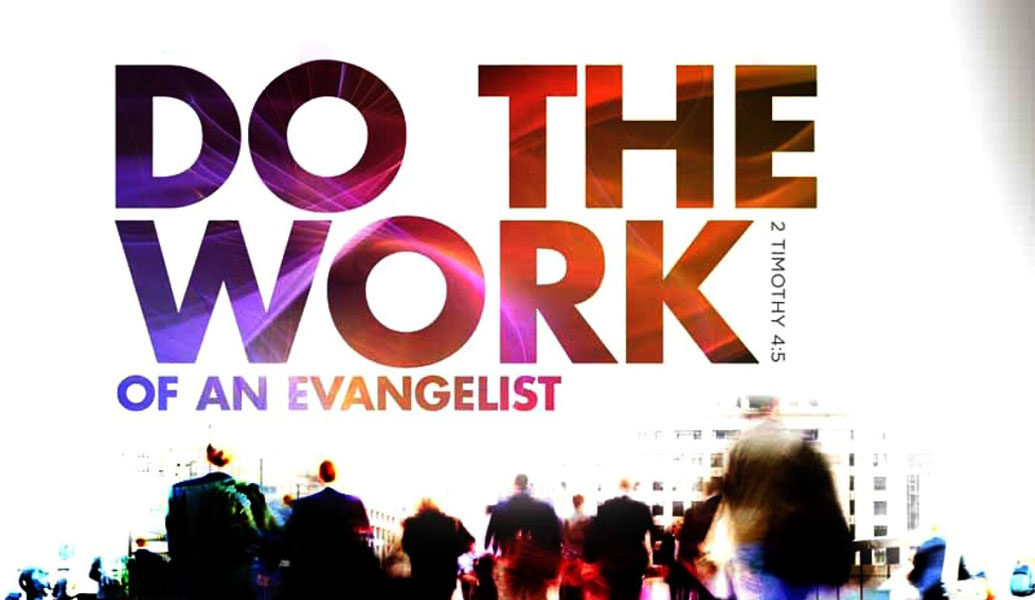Evangelism has fallen out of style.
Sure, some of us are trying to keep it at the forefront of our churches’ thinking, but stats don’t lie: While 79% of unchurched people said they would engage in a faith conversation if asked, only 39% of Christians have shared how to accept Jesus in the past six months. That’s a wide margin by any measure.
This means that over 60% of people are not telling our world about Jesus—even on an annual basis. This is a sad reality. Of all the activities in the church, evangelism is most likely to be neglected and thus, we actually do need to make it great again in a world which offers us so many competing priorities.
Both evangelism and social action are part of the mission of Jesus. Jesus came to serve the hurting (Luke 4:18ff) and save the lost (Luke 19:10). We do similarly as we join Jesus in that mission.
However, in almost every era, when Christians hold the values of gospel proclamation and gospel demonstration, it is proclamation that gets lost. So, I believe in what is often called “integral mission,” but I also think we have to find a way to be sure that evangelism does not get lost.
 And, in 2019, evangelism is getting lost.
And, in 2019, evangelism is getting lost.
I call this being an “integral prioritist.” I love mission, social action, and discipleship. These are all good things — even essential things.
But I have to find a way to prioritize the thing that gets lost— to prioritize evangelism. In 2019, we all need to consider how to be sure that evangelism does not get lost.
Historical intentionality
If we go back to the 1930s and 40s and look at the Wesleyan, Pentecostal, or Baptist traditions, Spring and Fall revivals were commonplace. These were intentional times where Christians got together to do evangelism and to engage those unreached around them. Many came to Christ through these events.
These revivals were often accompanied by (and in some cases overtaken by) in the 1960s, 70s, and 80s by things like Evangelism Explosion. Many churches began to incorporate weekly activities like the Tuesday night visitation, which included some evangelistic activity. People would go out and visit people to share the gospel, or invite their friends to church. One word might sum up the commitment to evangelism during this time: intentionality.
People sought opportunities to share the gospel.
Fast forward to today
Today, however, things have changed.
Many churches do not have dedicated times or ways for people to reach our world for Jesus. As a result, intentionality has faded. The truth is, like anything else in life, when people have some sort of means, time, and intent, they actually are able to better prioritize intentional outreach.
Engaging others—whether we know them or not—around the gospel is something all of us should seek to do each week. Yet, we’ve lost much of our intentionality.

